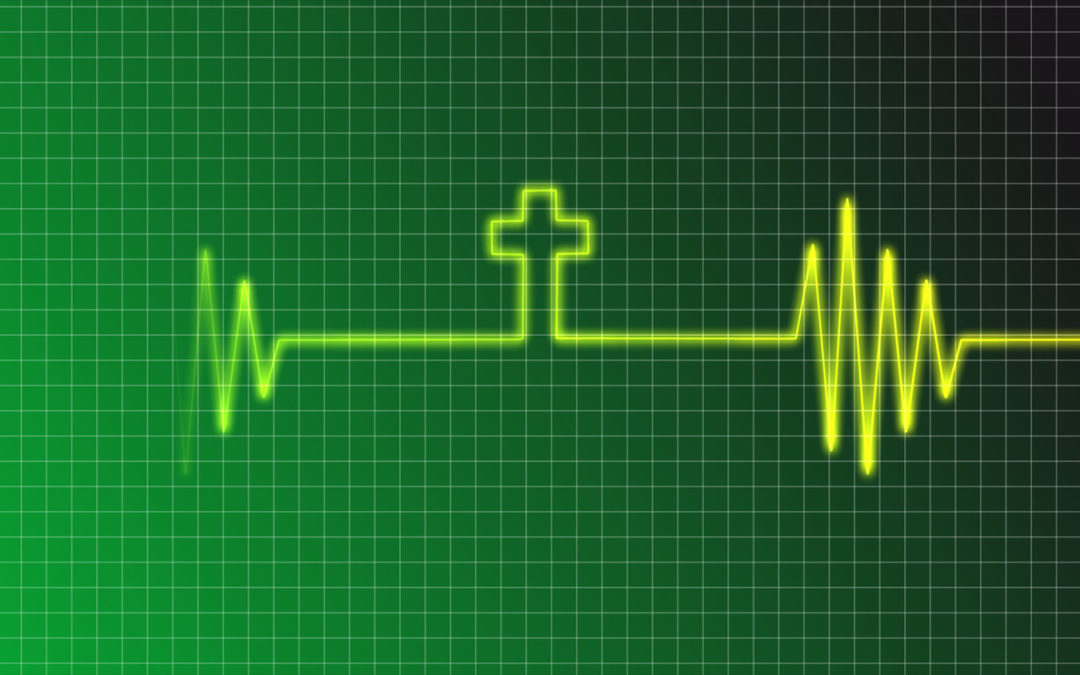The church’s most important issue is not the one you think it is
Nothing seems to get more time and emotional attention in the United Methodist Church than issues related to human sexuality, particularly homosexuality. Certainly none are more divisive. They set liberals against conservatives and conservatives against liberals in painful and divisive ways. Our inability to resolve these disagreements threatens to turn next year’s General Conference into a gathering characterized by rancor, bitterness and possibly even division.
In recent years, a number of leaders within the United Methodist Church—conservative, liberal and in-between—have focused on trying to resolve our church’s dilemma regarding human sexuality. They have convened conversations, offered plans and sought to find some solution that will keep our denomination from coming unraveled.
Sadly, there appears to be little hope of finding a solution that will satisfy everyone. This is not terribly surprising, however, since the United Methodist Church exists in a world that now gives us the opportunity to confront and demonize others from the safety of a keyboard or smartphone screen.
‘Pressing’ or ‘important’?
Our “stuckness” has reached such a level that many feel resolving the myriad questions related to homosexuality is our church’s most pressing task. But is it? Not necessarily. That’s because what seems most pressing is not always what is most important.
Saying this is not an attempt to dodge a difficult conversation, save the United Methodist Church or broadcast another naïve call of, “Let’s just be nice to each other and all get along.” Instead, it’s a radical call to make a powerful witness about what it means to be part of the Body of Christ when we have fallen into the trap of thinking our opinion is what matters most.
Jesus the Christ became incarnate—and was crucified and resurrected—to transform the world. He brought the Church into being to carry out his mission. But we cannot do that as long as Christians are lobbing accusations back and forth, pointing fingers and proclaiming to those with whom we disagree, “You don’t belong to the Body of Christ because you don’t believe like me.”
The Apostle Paul reminds us that we Christians are so joined together by the resurrected Christ that we actually are the living Body of Christ in the world. Jesus instructs us to love one another so that the world will know we are his disciples. Not just when it’s convenient, not merely when we are comfortable and not only when it’s people just like us—but all the time.
The hard work ahead
I believe it is time for us to deal with the most important issue in the United Methodist Church: living, learning and loving together as the Body of Christ when no one thinks that is possible.
I believe the United Methodist Church can offer a powerful witness to other Christians about how to be the living Body of Christ, even as we disagree about important things and make difficult decisions that must be made.
I believe we are called to the hard work of seeing those with whom we disagree as sisters and brothers in Christ, and then joining them in praying, listening, engaging in difficult conversations and sharing the sacrament of Holy Communion together at the Lord’s Table.
I believe we can show a fractured world that the One we call the Hope of the World really is the hope of our world.
I believe the only way the United Methodist Church can become the Body of Christ is to seek spiritual revival so that the Holy Spirit does for us what we cannot do on our own: become a church that makes disciples of Jesus Christ, who make disciples equipped to transform lives, communities and the world.
I believe many of you believe this, too, because you long to be part of the “heart of Methodism” that refuses to let anything become more important than our calling as the Body of Christ.
This path will involve hard work. It may get quite messy. And, no doubt, some will respond with ridicule. But I believe this is the time to address our most important issue. And when we do, we will be far better able to deal with all the pressing matters that lay ahead of us.
Come, Holy Spirit, come.




Recent Comments